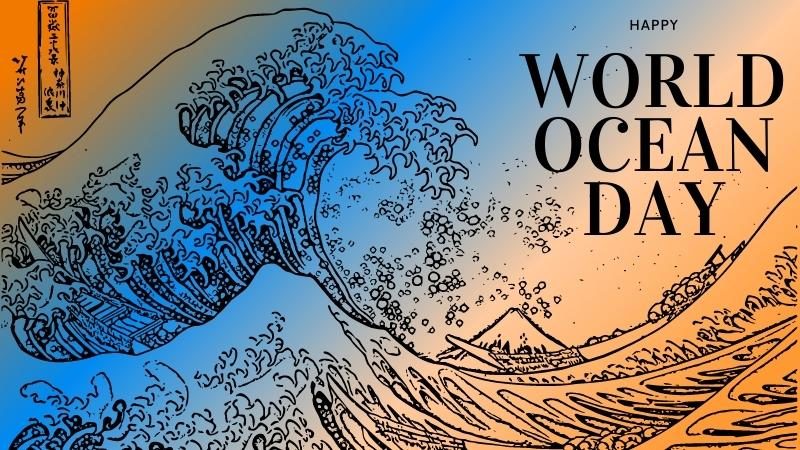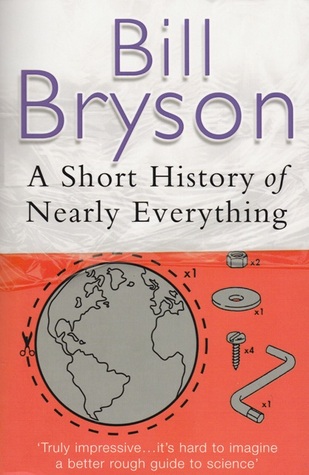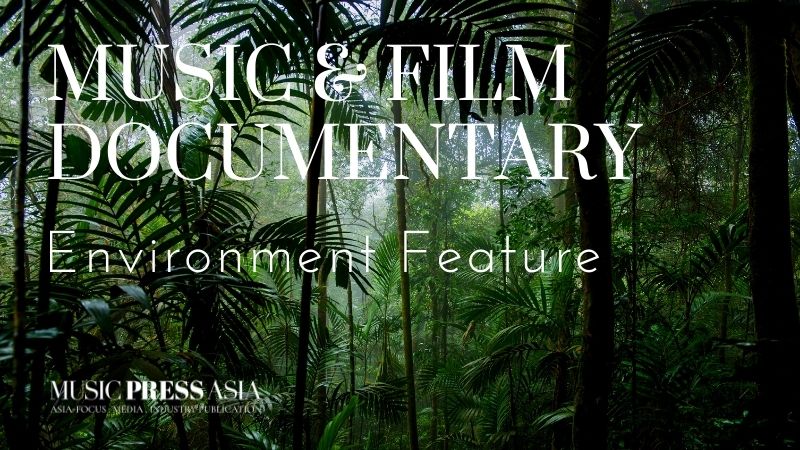6 Ways To Celebrate World Ocean Day
Environment Feature/June: Driven by the indomitable power of the ocean, here’s some of the reasons why the endless water landscape that surrounds our land has always been the source of our creative inspirations here at Music Press Asia.
Environment Feature/June: Driven by the indomitable power of the ocean, here’s some of the reasons why the endless water landscape that surrounds our land has always been the source of our creative inspirations here at Music Press Asia.

The scientific discipline of oceanography was not taken seriously until a joint expedition was set up in 1872, an expedition that sailed around the world for three and a half years. Organized by the British Museum, the Royal Society and the British government, the expedition set forth from Portsmouth on a former warship called HMS Challenger.
“Until well into the nineteenth century most of what was known about the oceans was based on what washed ashore or came up in fishing nets, and nearly all that was written was based more on anecdote and supposition than on physical evidence,” — Bill Bryson (American-British author of books on travel, English language, science)
Today, World Ocean Day reminds us of the major roles the oceans have not only by organiser of an expedition but in our everyday life. Here at the headquarters of Music Press Asia, we do not just believe that the ocean are the lungs of our Planet, but also a major source of medicine, food and a prominent part of the biosphere.
We celebrate World Ocean Day this week with some of our favourite documentaries, songs and creative medium which we have collected under the the theme fully dedicated to our oceans today.
Reading: A Short History of Nearly Everything by Bill Bryson
In part five ‘Life Itself’ and the eighteenth chapter titled ‘The Bounding Main’ of this book, Bryson in all candid earnestness expressed the discovery of the ocean’s deepest canyon, the Mariana Trench, that descend almost 7 miles to the floor bed of the sea — ‘discovered, not incidentally, by Harry Hess with his fathometer’.
And as much as our discovery of the Moon and its substantial craters that can be seen merely by a backyard telescope, our knowledge of the ocean floors ‘remain remarkably low resolution’. So when 34,000 ice hockey gloves were swept overboard from a Korean cargo ship during a storm in the Pacific and washed up all over from Vancouver to Vietnam, did they began investigative techniques to trace currents more accurately.
In another paragraph, after revealing how salinity level of the sea water are being filtered naturally by the deep-sea vents and down into the Earth’s crusts where clean water is eventually ‘blown out’, it can be a little dramatic to say that the process isn’t a fast one and can take up to ten million years to clean an ocean; although hardly noticeable in one generation of a human life cycle but in nature’s timing a rather efficient one.

Bryson goes on to mention dumping of radioactive wastes as late as 1957/58 and efforts to sink gallons and gallons of plutonium, uranium and strontium at the Fallarone Islands, just off the California coast near San Francisco. Highlighting the rich aquatic animals and its bountiful resources that have provided humans and other wildlife over the course of its existence, and continues to do so today.
At the end of the chapter, after a ‘very roundabout way of making the point’ in all humility that we continuously marveled about his personality today, in many ways know very little about Earth’s biggest system — another reason why we are taking baby steps to educate and learn before it is too late.
Paperback as well as audiobooks by Bill Bryson are available on YouTube as well as for purchase on print.
Documentary/Film: Our Planet, Coastal Seas by Netflix
In this series of documentary films about our seas and its wildlife, we explore some of our planet’s most natural beauty. Examining how climate change impacts all living creatures, this episode features the 90 percent of marine creatures living in our coastal waters from sharks to urchins. Educational in many ways, this film is a shout to gain support for the battles we are already facing protecting these habitats.
The film wraps up in the end with a feature of Raja Ampat, an archipelago in Indonesia known for its pristine biodiversity that saw overfishing over a decade ago. Stripped off of an ecosystem of large sharks, conservation efforts now sees it becoming a nursery for baby sharks, just over twenty five times more sharks. Today, surveys have reported overspilling of fishes and that means less efforts to catch fish according to fishermen.
The film’s credit featured a recording by Ellie Goulding and Steven Price “In This Together” with the Philharmonia Orchestra (London), recorded at Abbey Road Studios. Soundtrack album is now available on Decca Records. Click here for more information about this project.
- Series Producer: Alastair Fothergill, Keith Scholey
- Film Editor: Matt Meech
- Music: Steven Price
- Scientific and conservation advisors: WWF, Colin Butfield, Mark Wright, Michelle Lindley
- Underwater Technical Consultants: Dave Blackham, Esprit Film and Television, John Ellerbrock, Gates Underwater Products, Mohan Sandhu
- Post production: Films at 59
- Sound Design: Wounded Buffalo Sound Studios
- Orchestrator: David Butterworth
- Conductor: Geoff Alexander
- Score editor: Bradley Farmer
- Score mixer: Gareth Cousins
- Soloist: Lisa Hannigan
Deep Ocean: 10 Hours of relaxing oceanscapes by BBC Earth
Be woved by incredible creatures in this journey through a mysterious part of our blue planet with this 10-hour loop. Very much music on its own, listen to the sounds and sights found in the deep oceans. Part of the ‘Our Blue Planet’ projects, this film is a digital collaboration between BBC Earth and Ocean X Media. OXM is made up of a team of scientists, explorers and filmmakers driven to discover what lies beneath the waves and to document untold ocean stories.
Music: Oceans (Where Feet May Fail) by Samuel H. Araujo
In this reproduction of ‘Where Feet May Fail’ by Hillsong United, Samuel connects this instrumental piece with a foreground visual of the ocean. Meditative in all its senses, it highlights a positive tone of the future. The pandemic in many ways addresses the health of our being as well as of the environment. Contemplate on the vastness of the ocean and how it is still our earth’s system that we need to care for for the future of the next generation.
Music: Ocean by Anuv Jain
An uncomplicated composition very much focused on its lyrics, Anuv Jain sang with as much aloofness as his soul can contemplate love for the ocean, life and love. Anuv Jain, Mumbai-based, became a full time singer songwriter during the pandemic and his lyrics are dominated by acoustic electric guitars that have become fashionably relatable to audiences today.
Worldwide Pledge: United Nations Two Decade Commitment
On 5 December 2017, the United Nations launched a Decade of Ocean Science for Sustainable Development, to be held from 2021 to 2030. This Decade will provide a common framework to ensure that ocean science can fully support countries’ actions to sustainably manage the Oceans and more particularly to achieve the 2030 Agenda for Sustainable Development. Its aim? To strengthen international cooperation that will then develop the scientific research and innovative technologies that can connect ocean science with the needs of society.
Do you have any enquiries regarding this article? If yes, please send your request to editorial@musicpressasia.com. To read more about our feature stories, click here.








